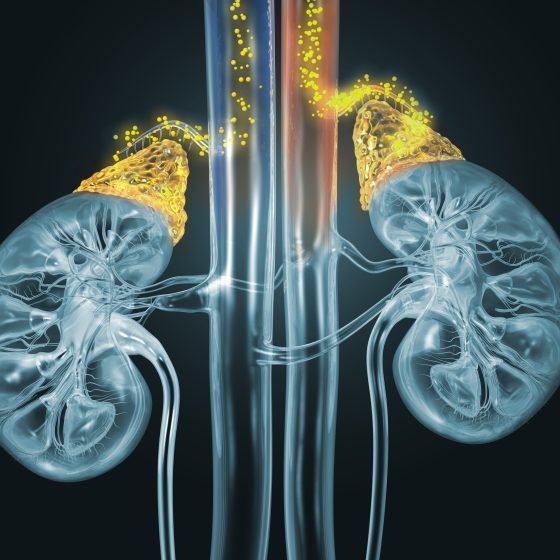Turner syndrome
What is Turner syndrome? Turner syndrome is a genetic disorder affecting some females. It might cause problems with hearing, vision and fertility. It does not usually affect intellectual ability. Treatment with hormones can help manage some of the problems. Turner syndrome is a genetic disorder. This means there has been a change in the person’s DNA. Normally, a female has two X chromosomes in each cell. Turner syndrome happens when all or part of one of these X chromosomes is missing. The change in DNA can affect the child’s development. Turner syndrome affects about 1 in every 2,500 females born












